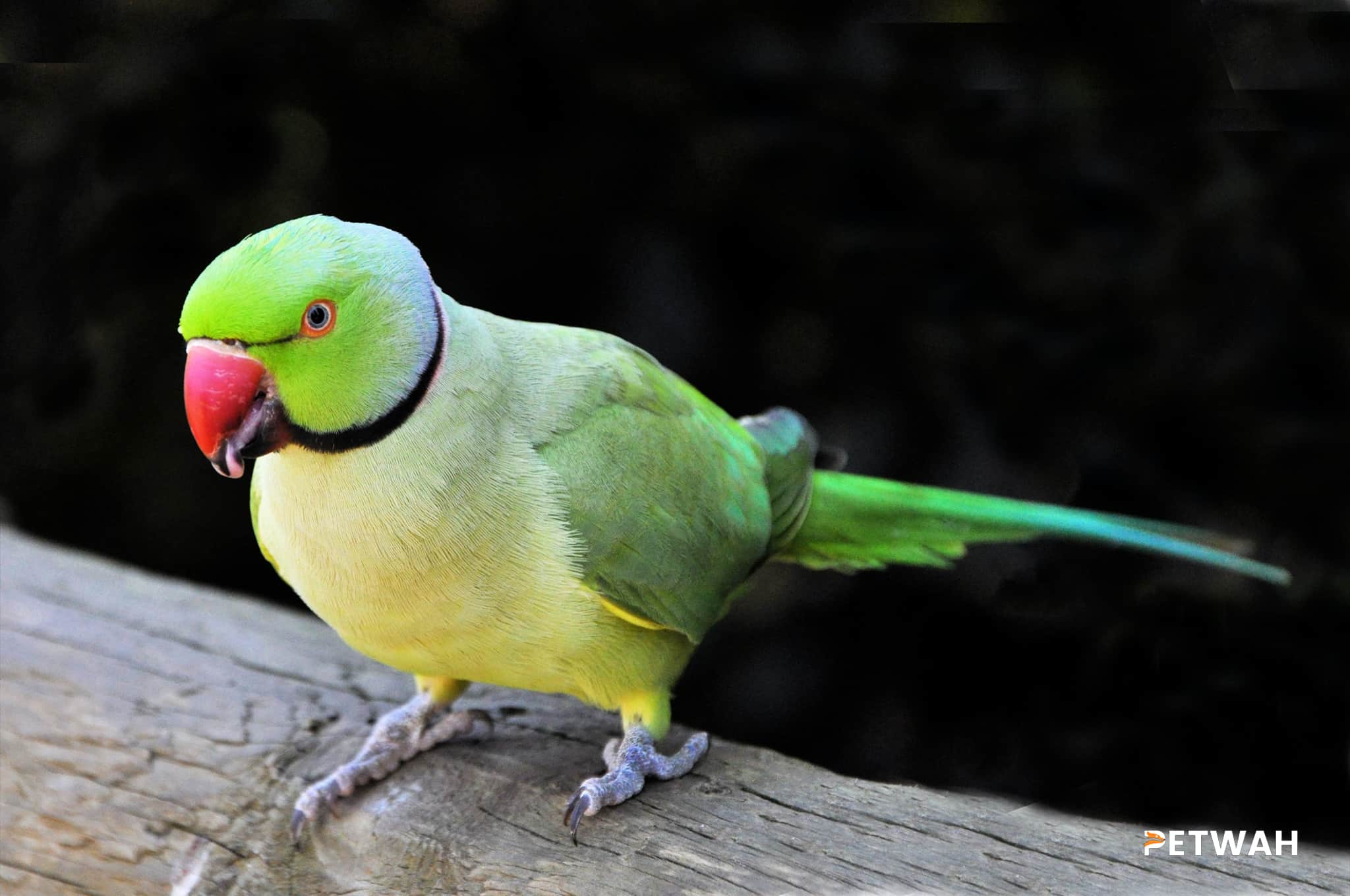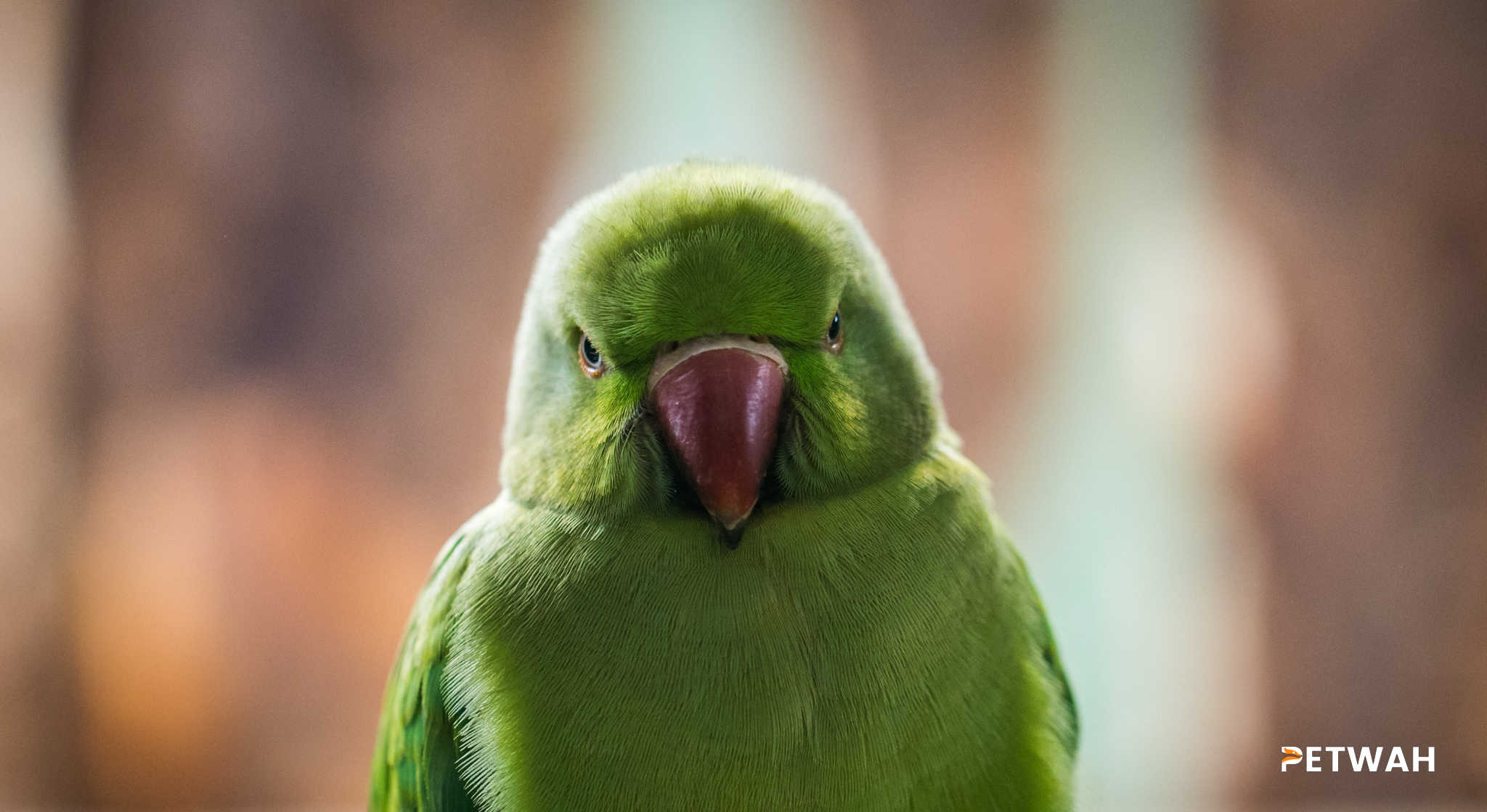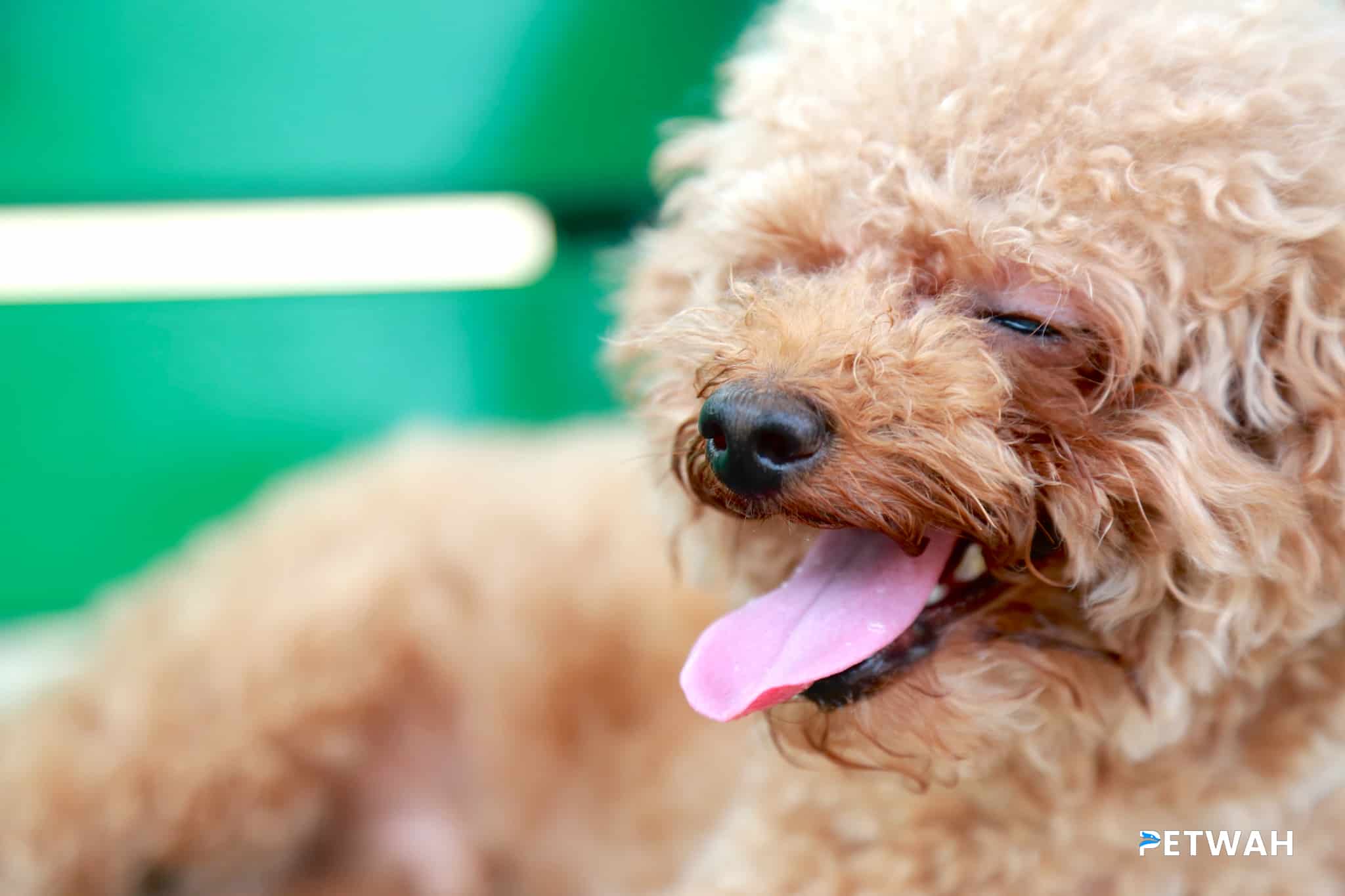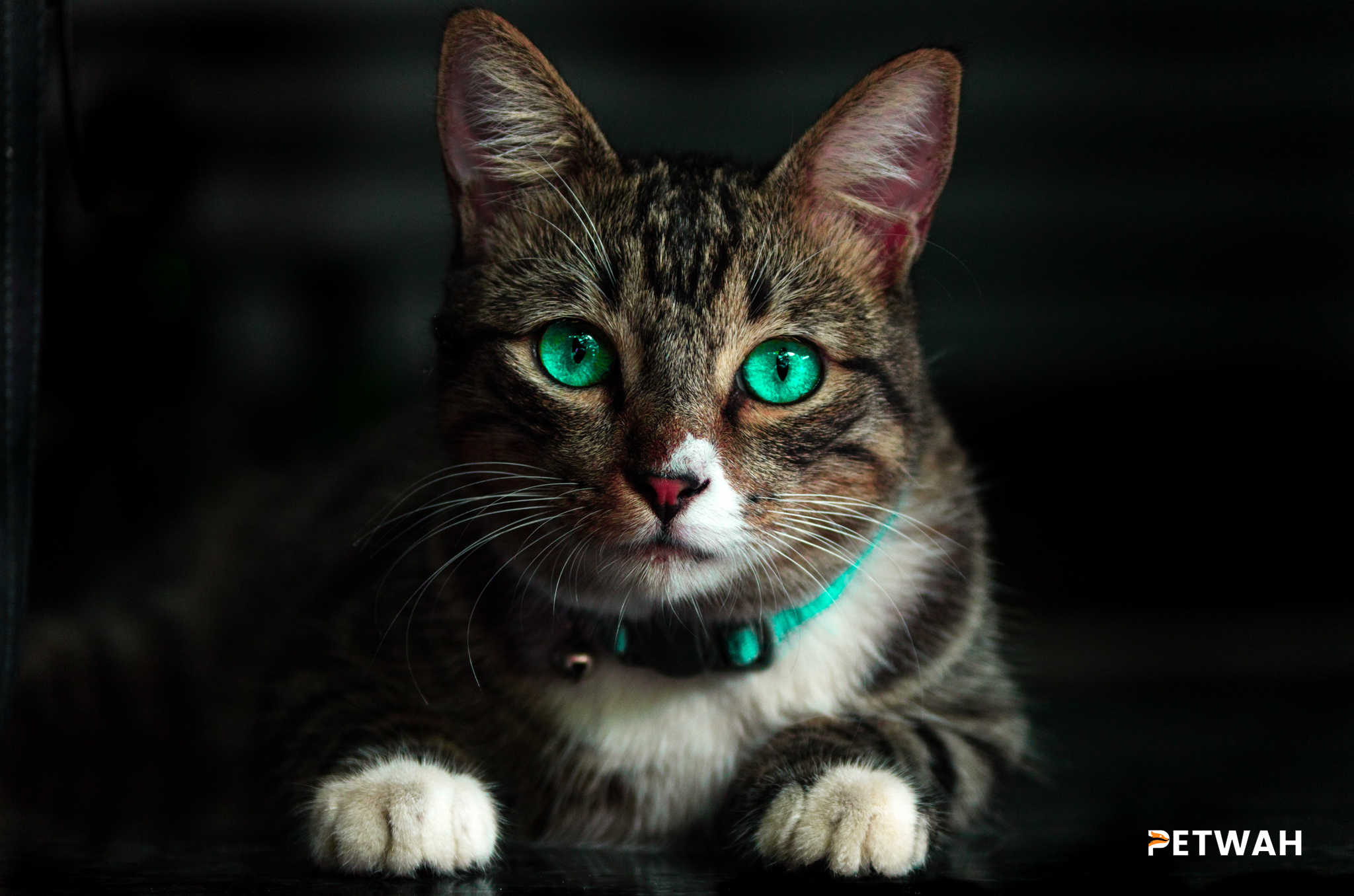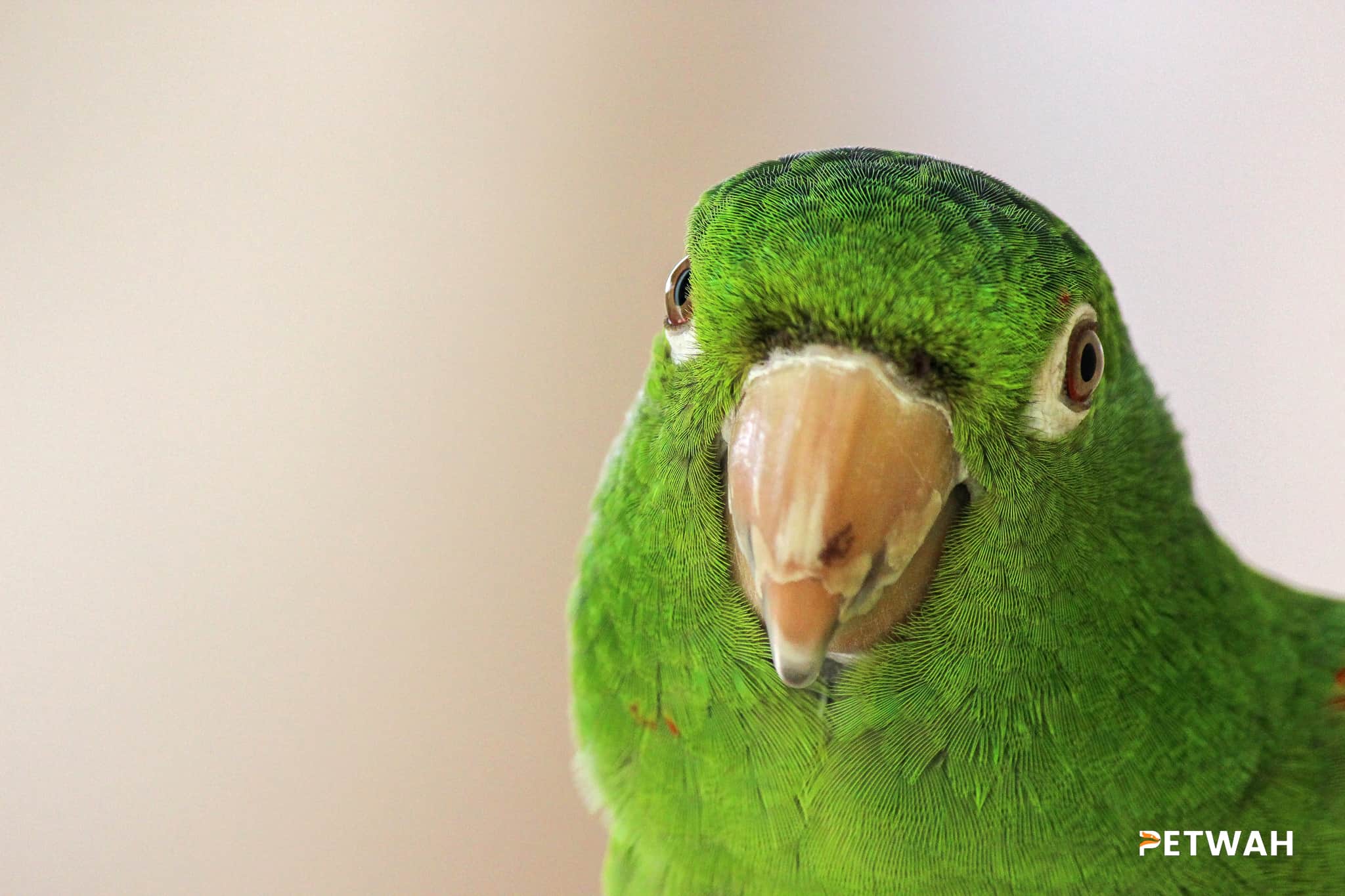Introduction:
When it comes to the long-term care of a bird, financial planning is essential for ensuring their well-being and quality of life. Just like any other pet, birds require a significant investment of time, effort, and resources. As a couple, it is crucial to consider the financial aspects involved in providing proper care for your avian companion. This article will explore some key considerations and tips to help you plan for the long-term care of your bird.
Budgeting for the Long-Term Care of a Bird:
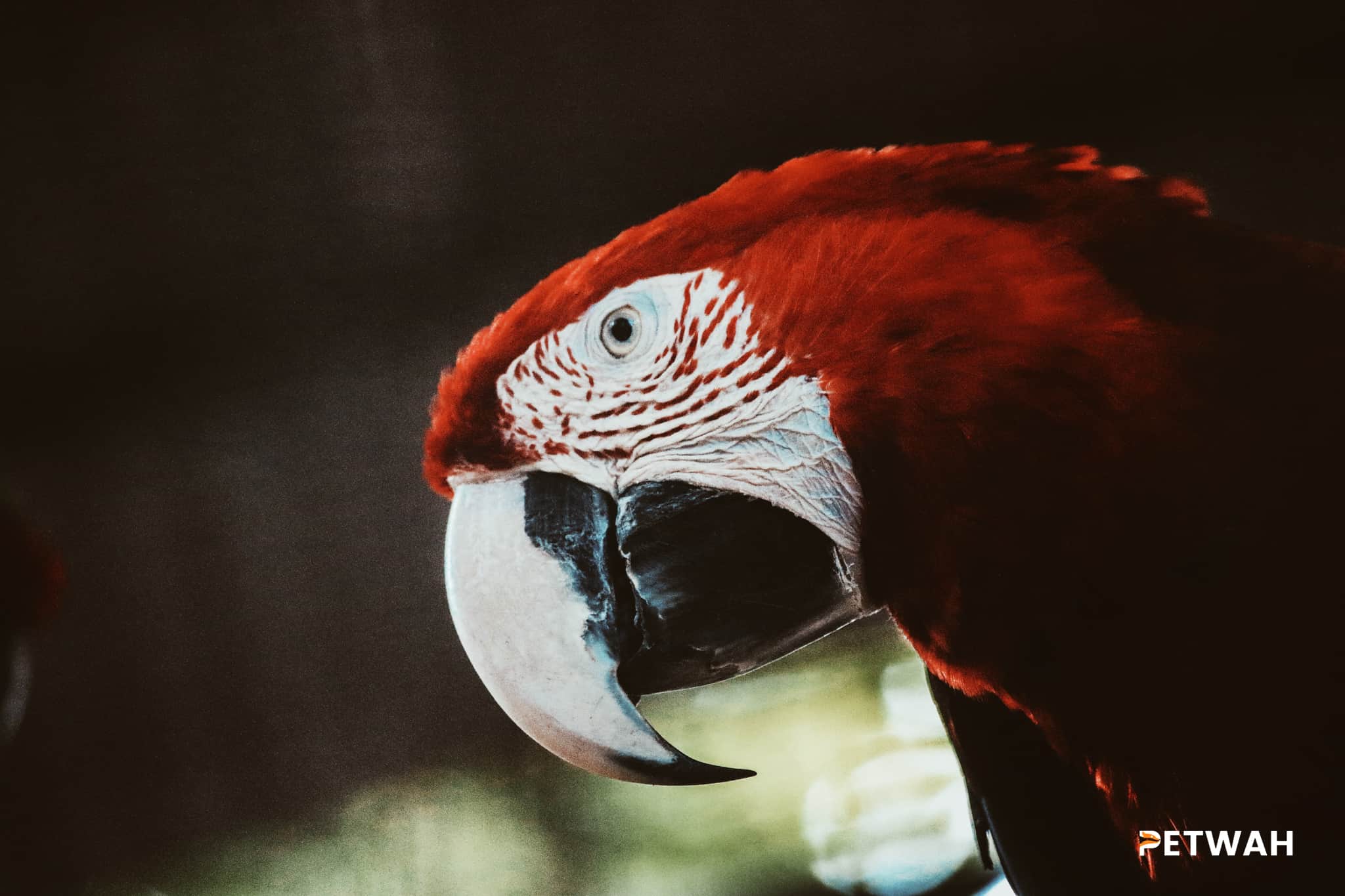
1. Veterinary Expenses:
– Regular check-ups and vaccinations: Birds need routine veterinary care, including regular check-ups to monitor their overall health and prevent potential illnesses.
– Emergency medical care: In case of accidents or sudden illnesses, emergency veterinary care may be necessary. It is important to have a financial plan in place to cover unexpected veterinary expenses.
– Medical insurance: Consider investing in pet insurance to help alleviate the financial burden of unexpected medical expenses. Research and choose a policy that best suits your bird’s needs.
2. Food and Nutrition:
– Quality bird food: Birds have specific dietary requirements, and it is important to provide them with a balanced and nutritious diet. High-quality bird food can be more expensive, so factor in the cost when planning your budget.
– Fresh fruits and vegetables: The addition of fresh fruits and vegetables to your bird’s diet is essential for their overall health. Include these items in your grocery list and budget accordingly.
– Treats and supplements: Birds enjoy treats and may require certain supplements to maintain optimal health. Keep in mind the cost of these additional items when planning your budget.
3. Habitat and Accessories:
– Cage and perches: Birds need a safe and comfortable cage with appropriate perches to ensure their well-being. Invest in a cage that provides ample space for your bird to move around and stretch their wings.
– Toys and enrichment: Birds are intelligent creatures that require mental stimulation and entertainment. Budget for a variety of toys and enrichment activities to keep your bird engaged and happy.
– Cleaning supplies: Regular cage cleaning is essential for maintaining a healthy environment for your bird. Allocate funds for cleaning supplies like bird-safe disinfectants and cage liners.
4. Grooming and Maintenance:
– Nail trimming and beak maintenance: Birds’ nails and beaks need regular trimming to prevent overgrowth. Budget for professional grooming services or educate yourselves on how to safely trim your bird’s beak and nails at home.
– Feather care: Some bird species require regular feather care, such as misting or bathing to maintain their plumage. Research your bird’s specific grooming needs and allocate funds for necessary supplies.
Quotes:
– “Birds, just like any other pets, require financial planning to ensure their well-being and quality of life.” – BirdCare.com
– “Planning for the long-term care of a bird involves budgeting for veterinary expenses, food and nutrition, habitat and accessories, as well as grooming and maintenance.” – BirdLoversMagazine.com
FAQs:
1. How much should I budget for the long-term care of a bird?
– The cost of caring for a bird depends on various factors, such as the species, size, and specific needs of the bird. On average, you can expect to spend around $500 to $1,000 per year on food, veterinary care, and supplies.
2. Is pet insurance necessary for birds?
– While pet insurance is not essential, it can be helpful in covering unexpected veterinary expenses. Research different pet insurance options and choose a policy that suits your bird’s needs and your budget.
3. How often should I take my bird to the vet?
– Generally, birds should have an annual wellness check-up. However, certain bird species may require more frequent veterinary visits. Consult with an avian veterinarian to determine the appropriate frequency for your bird.
4. Are there any low-cost options for bird care?
– Some avian rescues and shelters offer low-cost veterinary care and adoption programs. Additionally, consider networking with local bird enthusiast groups or online forums for advice on affordable bird care options.
5. Can I DIY some grooming tasks to save money?
– It is possible to perform some grooming tasks, such as nail trimming, at home. However, make sure to do thorough research and seek guidance from professionals to ensure you handle the task safely and effectively.
Conclusion:
Planning for the long-term care of a bird involves considering the financial aspects associated with their well-being. By budgeting for veterinary expenses, food and nutrition, habitat and accessories, as well as grooming and maintenance, you can ensure that your feathered companion receives the care they deserve. Remember to research pet insurance options, connect with local bird communities, and explore affordable care alternatives. PetWah.com is a great resource for finding bird care products and services, so head over to their website for more information.
Sources:
– BirdCare.com
– BirdLoversMagazine.com
– PetWah.com


